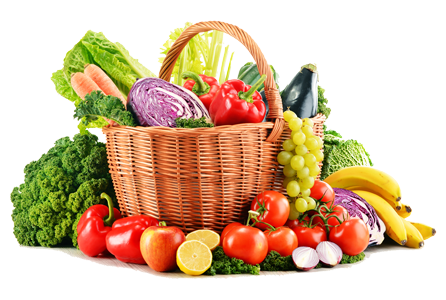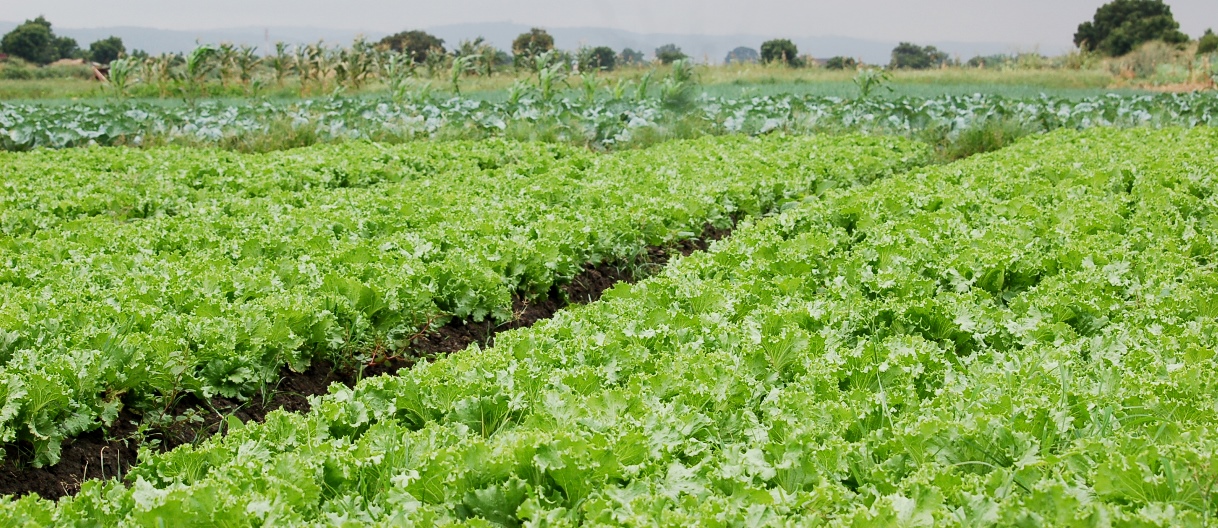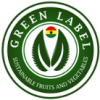T he Ghana Green Label (GGL) Certification Scheme is the Government of Ghana’s response to growing consumer demands for safe food production in an environmentally sustainable and sound way. It provides consumers with a system to easily recognise quality, safe fruits and vegetables; and will over time, build consumer confidence in the consumption of locally produced fruits and vegetables.

It also addresses worker safety and welfare issues. It has been modelled to certify farms that comply with the requisite production and distribution systems of the Ghana Green Label Standard to ensure that food safety and environmental sustainability are not compromised during the production and marketing of fresh fruits and vegetables in Ghana. It is adaptable to individual growers as well as farmer groups and considers the transport, wholesale and retailing of Green Label certified commodities. It is to also serve as a stepping-stone for producers towards other certification schemes like the GlobalGap and Organic certification.
To be certified as Green Label compliant, a farmer, or group of farmers must pick up an application form from the Green Label Ghana Secretariat, organise production systems to meet the requirements and document these in the requisite records kept on the production activities’ and be audited by accredited auditors. The report of the audit will be submitted to the secretariat for approval by the Committee of Experts before a certificate is issued.

Certification obtained by individual farmers cover only produce grown by the farmer and for which certification has been applied for, it cannot be shared with any other farmer. With group certification, however, a number of individual farmers within a specified area, growing the same commodities for which certification is desired, come together, commit to follow all the set practices and take responsibility for each other. A representative sample of the members are selected and audited, and the result is binding to all members. For both individual and group farmers, certification is valid for one year and must be renewed annually.
A number of stakeholders have contributed to the attainment of this GGLS. Key among them are the Ministry of Food and Agriculture, Ghana Standards Authority, and the Deutsche Gesellschaft fur Zusammenarbeit (GIZ) GmbH Market Oriented Agriculture Program (MOAP), which provided funding for the work. Others include Quin Organics, Christian Aid, Agro Eco Louis Bolk and Ghana Veg (now HortiFresh).

